After an investigation into the large donation of funding towards the development of a new institute on campus, the Faculty Senate overwhelmingly passed a motion on March 15 that called on the university’s administration to reject funding from the Charles G. Koch foundation.
The Old Gold and Black has been following the story closely through the podcast Unmasked, their new platform designed to uncover the underreported stories on campus reported by senior Melissa Libutti and sophomore Heather Hartel and edited by junior Emily Eisert.
In June 2016, the Eudaimonia Institute was established by the Office of the Provost after Wake Forest received a $4.2 million donation towards its development.
This new institute is designed to connect multiple disciplines, including philosophy, religion and economics in a way that aims to “investigate the nature of eudaimonia, or genuine human flourishing, and the political, economic, social and cultural institutions that encourage and discourage it,” according to James Otteson, a business school professor and the director of the Eudaimonia Institute.
Out of this large donation, the Charles G. Koch foundation contributed 3.69 million dollars. Shortly after the creation of the institute, 189 faculty signed a petition in October of 2016, calling on the Faculty Senate to review the Institute and Koch donor agreement.
“It was a request from the college faculty to the university Faculty Senate to research into the issues of Business 105 and the issue of the Eudaimonia institute and it’s connection to the Koch brothers,” said English professor Gale Sigal, President of Wake Forest American Association of University Professors (AAUP).
After an Ad Hoc Senate Committee investigated the situation and reported their findings, the Faculty Senate voted to call on the administration to not accept the funding. According to the Faculty Senate’s press release, the Senate reached their decision “due to the Charles Koch Foundation’s unprecedented effort and documented strategy to co-opt higher education for its ideological, political and financial ends.”
The Koch brothers, Charles and David Koch, are the sons of Fred C. Koch. The family foundations are a group of charitable organizations stemmed from Fred C. Koch who owns oil, gas, paper and chemical conglomerates, the second largest U.S. privately held company. Charles and David’s foundations have provided millions of dollars to a variety of organizations and conservative think tanks.
After the 2012 election loss, where they had funded much of the conservative platform and a series of scandals, including piles of petroleum coke from the company found piled by inner city neighborhoods in Detroit and south Chicago, the Koch brothers needed an image boost. Shortly after, universities began receiving large donations.
According to The Center for Public Integrity, one of the country’s oldest and largest non-partisan, non-profit investigative news organizations, Wake Forest is among several schools that have received large donations from the Koch foundation. The university ranks behind the University of Kentucky with a donation of 12 million and George Mason University with 30 million.
Faculty, such as English professor James Hans, have been vocal about their concerns about the source of the donation.
“I mean if the people in the economics department want to teach their majors that libertarian economics is the only way to go, then that’s their business,” Hans said. “But if you’re doing it for the Koch brothers or something then you’re on the take as far as I’m concerned. There’s a kind of qualitative difference there.”
Yet despite the overwhelming majority vote in the Faculty Senate, others on campus also see problems in restricting certain donors based on ideological differences.
“The decision voted on by the faculty about Eudaimonia Institute is extremely concerning, as I see it as a step toward limiting academic freedom at our university,” said sophomore Anthony Palumbo. “While trying to deny it, the faculty’s report is largely focused on the ideology of the Koch Foundation. As a conservative student, I encourage my friends on the left to strengthen their beliefs and immerse themselves in their ideology, and I think that rather than being an agent that restricts a group’s ideology, the university should encourage and fund groups on both sides of the aisle to operate freely. This decision by the faculty does the exact opposite.”
Otteson has also combatted criticism raised by faculty citing the Declaration of Research Independence published on the Eudaimonia Institute website. As stated in the declaration, “because the questions we examine and the conclusions we reach are non-partisan and non-ideological, it is paramount that our research is conducted independently, with its sole motivation being the disinterested pursuit of truth.”
“The Declaration of Research Independence is a public document on our website and we provide it to anyone who is interested in giving us money,” Otteson said. “And what it says is, if you are interested in the projects or idea of the institute, we welcome your support. But you have to support the idea of it. You are not supporting any particular person or project or conclusion. So that gives a type of protection in both directions.”
In an interview for the Unmasked podcast, Otteson also drew on his dissertation and Ph.D. as providing inspiration for the creation of the institute.
“My Ph.D is in Philosophy from the University of Chicago,” Otteson said. “I wrote my dissertation on 18th century moral theory, which is not exactly economics, not exactly business. What I was extremely interested in then was kind of a new school was emerging in moral thought in 18th century about how to understand how human beings come to understand the moral sentiments that they have and how do we come to have these views. That led me to become interested in the political and economic systems that those same thinkers were recommending on the basis of their investigations.”
As the intentions of the Institute have been called into question and consequently voted by the Senate Faculty to be concerning, the effect of the vote only calls on the administration to reject this funding, but does not have any power in ensuring that it is rejected. The vote simply puts pressure on the administration to make a decision. Keep up to date on the issue by following future findings reported by the Old Gold & Black’s Unmasked podcast.

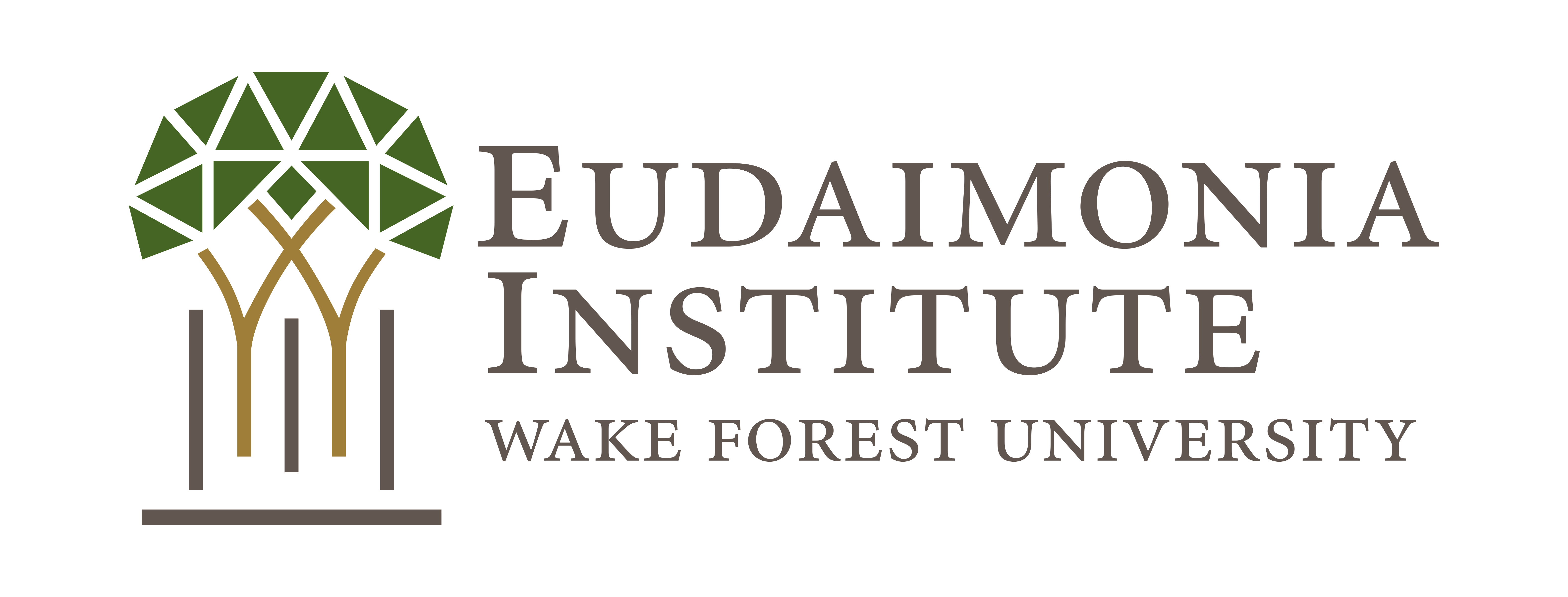





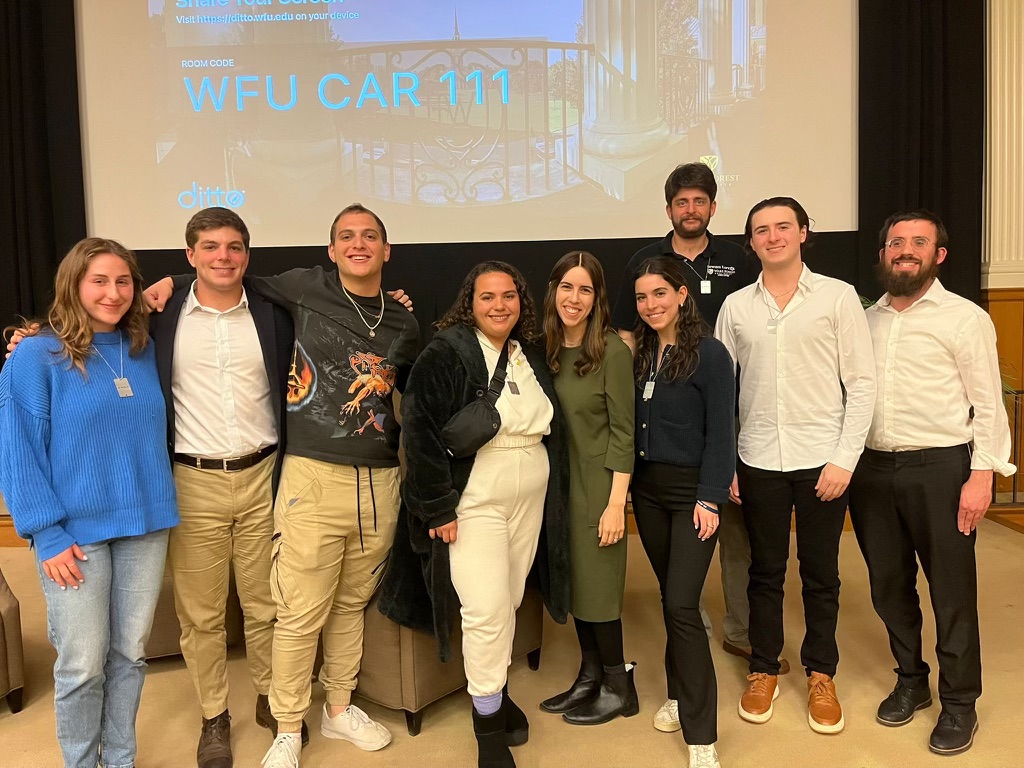
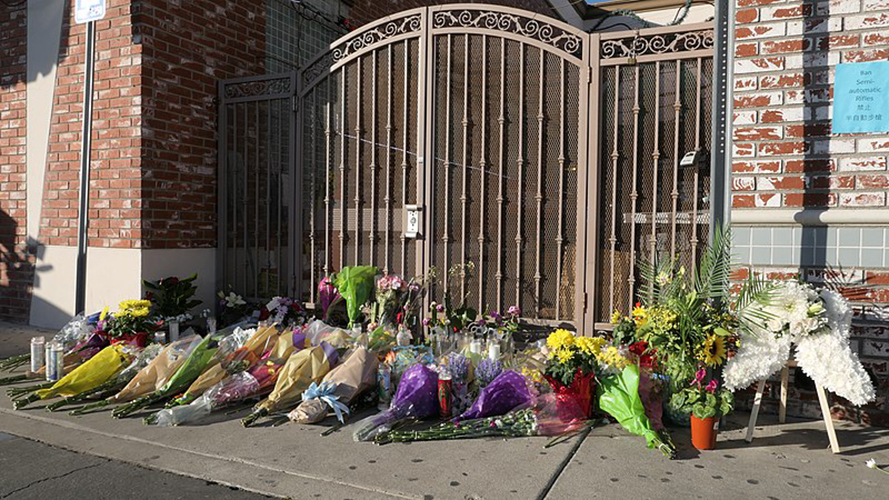
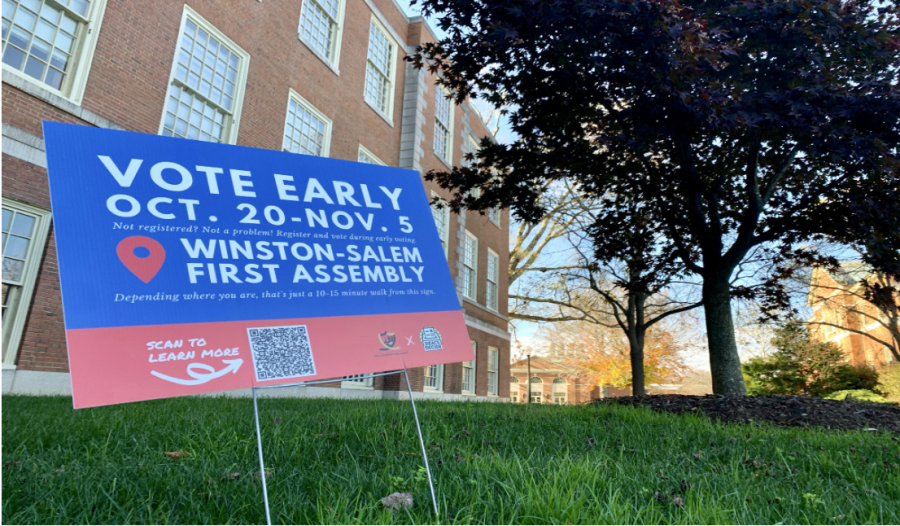
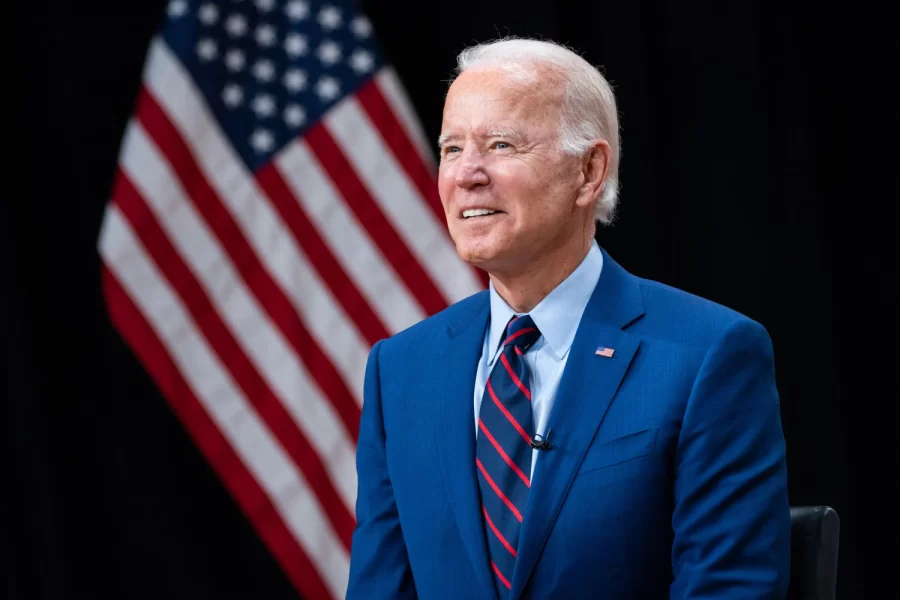
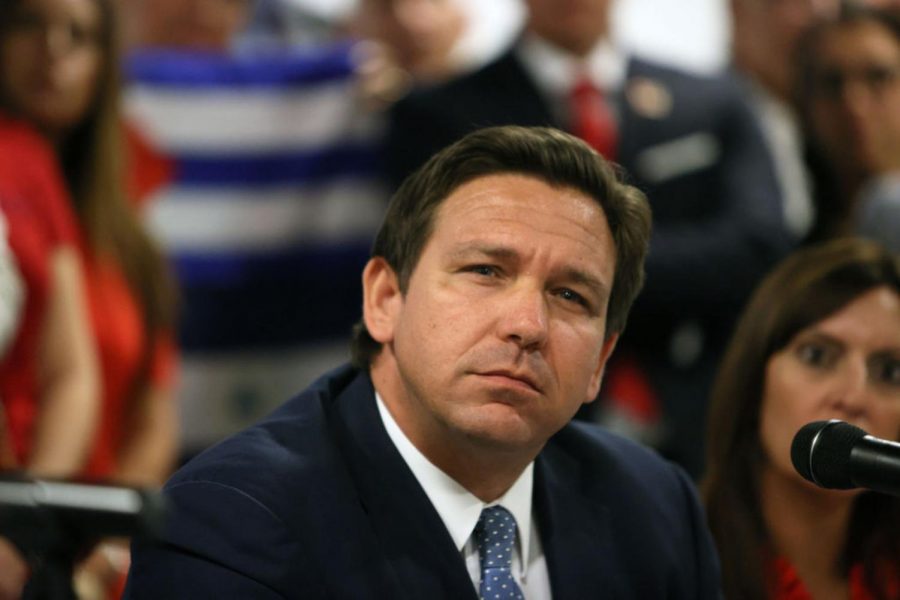

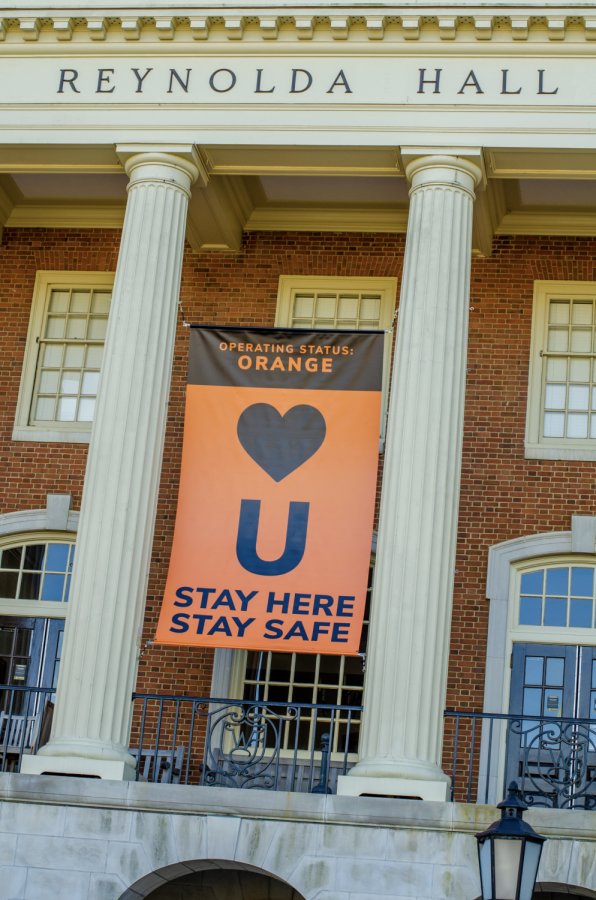






tdaly29 • Mar 28, 2017 at 12:10 pm
I have no problem with a rounded academic curriculum that includes Smith, Ricardo, Burke or the more modern Friedman, Mises, and Hayek
And I acknowledge that universities must obtain many grants. The grants however should not override theacademic freedom of the school.
1. The Koch brothers, Art Pope, Robert Mercer and others were behind, and have taken advantage of, the Citizens United case that allowed unlimited contributions (often tax deductible) to influence elections. Polls show most Americans feel this gives them a huge megaphone which drowns out debate. In addition the Koch brothers have used their fortune to fund hundreds of programs at universities to present a one sided view and, at George Mason co-opt a university. In order to accomplish this they
must hide their “greed is good” philosophy
2. From the book Dark Money we find out that at the Koch Foundations meetings “His (Charles Koch) use of the phase “well-being”
seemed almost offhand. But during another session at the summit that June, a speaker explained to the donors just how deliberate and politically disarming the term was. James Otteson, a conservative professor of political economy at Wake Forest University called it “a game-changer.” In fact, he told
the donor group he was planning to build a “well-being” center at
Wake Forest, where he already was executive director of the BB&T Center for
the Study of Capitalism. One anecdote, he said, illustrated the “power of
positive framing” free market theories as a movement to promote
“well-being”. He recounted that a colleague whom he described as a prominent “left wing political scientist” who “rails” against Republicans and capitalism, had
been so entranced by the idea of studying the factors contributing to human
well-being that he had said, “you know, I’d even be willing to take the Koch money for that.” Upon hearing this the donors laughed out loud. “Who can be against well-being? The framing is absolutely critical,” Otteson exclaimed. ”
The idea of sugarcoating anti-government, free-market ideology as a nonpartisan movement to enhance the quality of life had clear advantages. And Otteson’s success at penetrating academia with the approach was especially encouraging to the group. (p 363-364 )
Later in Dark Money “As a 2015 report by one of the nonprofits connected with Art Pope explained, private academic centers within colleges and universities were ideal devices by which rich conservatives would replace the faculty’s views with their own. “Money talks loudly on college campuses” it noted. As an example the report profiled the trailblazing record of John Allison,
the former Cato Institute chairman, who had overseen grants to sixty three
colleges while running BB&T bank. All of these programs were required to teach his favorite philosopher, the celebrator of self-interest, Ayn Rand…. But as earmarked grants proliferated controversy over academic freedom grew, increasing the need for slicker marketing. By 2014 the various Koch foundations alone were funding pro-corporate programs at 283 four-year
colleges. (P364-365).
John Allison was the primary mover to bring the BB&T Center for the Study of Capitalism to Wake.
3. Finally I find Ayn Rand a particularly hard choice to foist on poor undergraduates. She had the unique distinction of being criticized by Bill Moyers on the left and Bill Buckley on the right. Her work is, to quote Bill Buckley,
“She was an eloquent and persuasive antistatist, and if only she left it at that-
but no she had to declare that God did not exist, that altruism was despicable,
that only self interest is good and noble. She risked, in fact, giving capitalism that bad name that its enemies had done so well in giving it; and that is a pity”.
According to Buckey – Mises told her to be quite, she was being very foolish.
Tom Daly
WFU 69
Torie • Mar 26, 2017 at 1:37 pm
@Prof Hans–would love to know what “libertarian economics” is, and why you are so convinced your colleagues are “on the take” when the economics dept itself hasn’t actually taken any money from the Koch brothers. Seems like you’re just making stuff up.
tdaly29 • Apr 3, 2017 at 10:20 am
I was wondering what you classify as libertarian economics? Would
John Allison, past head of the Koch sponsored Cato institute be defined
as a libertarian or something else? (And a major sponsor of the
BB&T Center when he was head of the bank.) How about James Otteson,
Head of the Koch sponsored BB&T Center and Eudaimonia Institute. Is
he a libertarian? Would I get a balanced view from either? From their
writings I believe they would say that their (or the Koch’s) way is
the only way. How many faculty in the Business School receive funds
from Koch sponsored organizations? Is that information public?
How about funds from Crossroads GPS, advocacy group started by Karl Rove? Bobby Burchfield as Chairman of Crossroads and on WFU Board of Trustees lends pause to those who worry about financial influence on academic freedom.